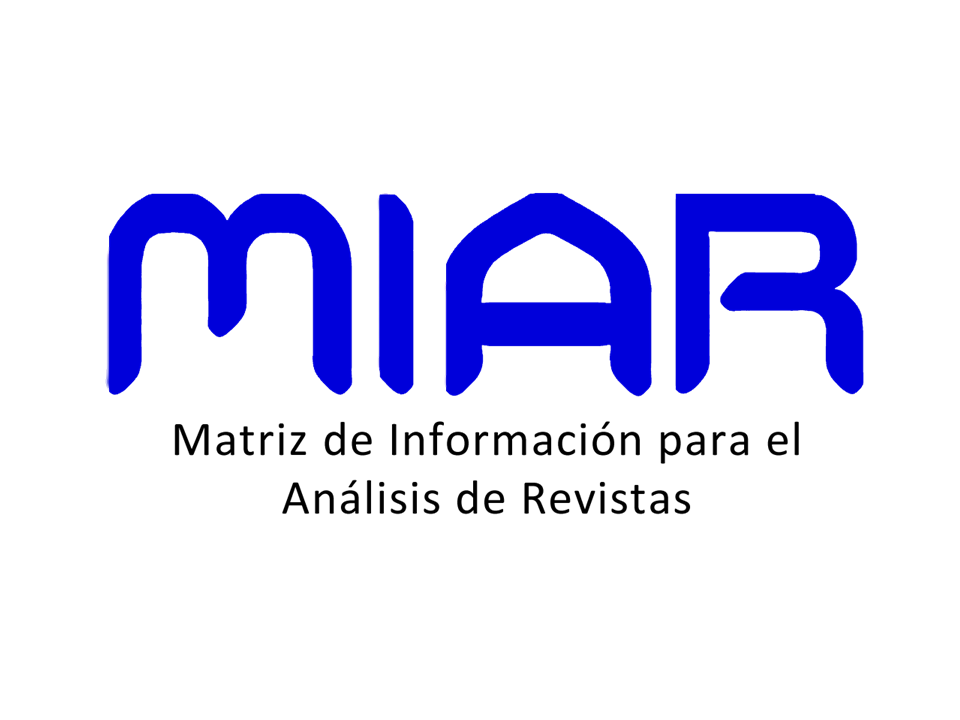PEDAGOGICAL ATTITUDES ENGLISH LANGUAGE PROFESSORS AMID THE PROLIFERATION OF ACRONYMS FOR THE ENGLISH LANGUAGE
DOI:
https://doi.org/10.22478/ufpb.1983-9979.2021v16n1.58235Keywords:
expansion of the English language; native speaker; university teachers of English; attitude; professional identitary trajectoryAbstract
The aim of this qualitative research is to investigate the pedagogical attitudes that university research teachers working in the area of initial English language teacher education are developing in face of the debates around the status of the English language today. Therefore, I consider the participant teachers’ answers to semi-structured interviews as part as their professional identitary trajectories, within different communities (WENGER, 1988). As theoretical basis, I adopt Wenger’s concept of identity (1988) as a nexus of learning trajectories, built through social practices, language as discourse (FOUCAULT, 2000) and attitude as used by Duboc (2012). The interpretation of the data, when examining the intertwining of professional trajectories and the construction of pedagogical attitudes in face of the changes involving the English language today, focuses on two tendencies: one in which the researcher teacher develops different attitudes for research and teaching, continuing their trajectories as researchers within the tradition that takes, explicitly or implicitly, the native speaker as theoretical assumption, whereas in their teaching practice they problematize the notions of standard language and the native speaker as the natural learning goal; and another in which there is an approximation of the attitudes in these two fields, striving to develop both their research and their teaching taking in account the changes in the status of English and the criticism to concepts such as the native speaker.










